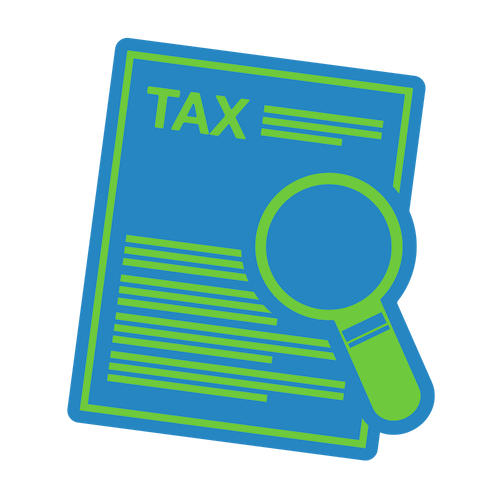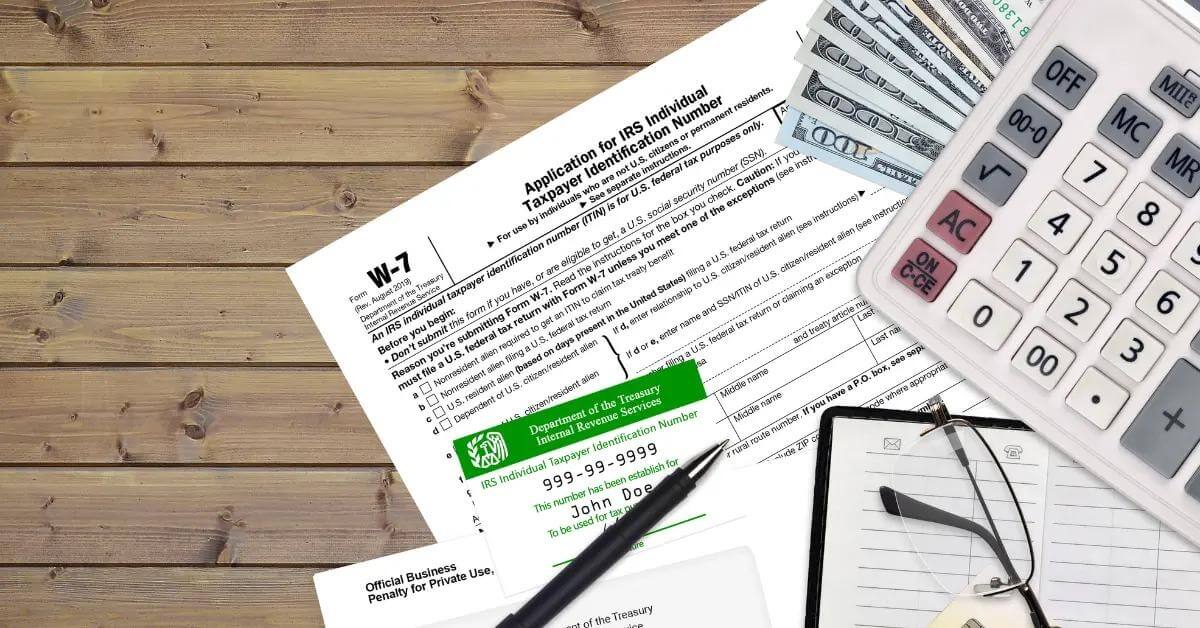Not many people enjoy watching their hard-earned dollars come out of their paycheck every month. They enjoy it even less when they owe taxes at the end of the year.
However, taxes go to some pretty important things that we take for granted in our day to day lives. These include health programs, social security, safety net programs, defense and security, and things like paved roads, sidewalks, etc.
Unfortunately, whether by mistake or intentionally, many people file taxes incorrectly or avoid filing them all together. Doing so could trigger an audit or even a criminal investigation from the IRS.
It is then that people start to wonder “what do tax lawyers do?”
A tax lawyer would be the perfect person to call in this scenario, however, they also have many other applicable duties to help everyday people, not just those facing off with the IRS.

What Do Tax Lawyers Do?
Most people aren’t fully aware of everything tax lawyers do. In reality, tax lawyers have a lot of responsibilities and skill sets outside of the obvious.
Of course, they specialize in helping people file tax returns and responding to IRS audits, but take a look at all of the ways in which a tax lawyer could assist you!

1. When You Owe Back Taxes
Not everyone who owes taxes needs to hire a tax lawyer. However, if you find yourself in a position where you owe the IRS an excessive amount of money, you may need to look into. This includes if you owe the IRS money from the year or years below.
What do tax lawyers do in this scenario?
Tax lawyers will help you work out a formal agreement with the government. They can help you set up installment payments or even negotiate with IRS to lower your amount owed.
However, anxious taxpayers need to avoid common scams targeting taxpayers.

2. When You're Being Audited
One of the things tax lawyers are best known for is their skill set in dealing with IRS audits.
An audit occurs when a taxpayer is targeted by the IRS for making errors, committing fraud, or providing otherwise questionable information. It is a thorough investigation of your tax records.
There are three types of audits:
- Field audits are the most invasive and occur when the IRS sends an actual IRS agent to your home or business to perform the audit.
- Office audits occur when you the IRS asks you to bring all of your receipts and documentation of an item “in question” down to the nearest IRS office.
- Correspondence audits are done through the mail and are relatively uncomplicated.
While an audit doesn’t necessarily mean anything bad, a tax lawyer can help.
What do tax lawyers do during an audit?
A tax lawyer can help you appeal an audit or represent you in the unfortunate event the IRS takes you to court.

3. When You're Filing Complicated Taxes
If you’re single and have a straight-forward income, you probably don’t need to hire a tax lawyer to file your taxes for you.
However, for business owners, especially those with employees, hiring a tax lawyer may be a good idea. They can help guide you through the legal parameters of what you can and can’t write off. The can also help you organize your tax records, including employee documentation.
It’s important to know what tax deductions you’re entitled to as well as anything that might throw up a red flag and risk getting you audited.

4. Setting Up Your Will
When setting up your will and determining where any money, property, or possessions are going, it might be handy to have a tax lawyer on hand to bounce questions off of.
What do tax lawyers do with wills?
Tax lawyers can help you learn about tax exemption trusts and all of the taxation laws associated with the inheritance of money, property, and possessions.

5. When You're Starting a Business
Many people venturing into the world of entrepreneurship don’t fully grasp how complex it is.
New business owners would be wise to hire a tax lawyer. They can help them figure out self-employment personal taxes as well as business taxes.
Tax lawyers can also offer experienced advice on the legalities of business taxes. Business types, such as corporations, LLCs, and S-corps are all taxed differently. It’s unlikely that new business owners have the correct knowledge to navigate taxation waters on their own.
Tax lawyers can help business owners stay out of trouble with the IRS as well as maximize their potential tax refunds.

6. When You're Buying or Selling a Business
Tax lawyers are essential for anyone looking to buy or sell a business. The negotiation process that occurs when a business changes hands can be quite complicated, as can the tax implications.
A tax lawyer can help you smooth out all of the edges of a business exchange as well as making you aware of all of the allocation options for you and the buyer/seller.

7. If You're Under IRS Criminal Investigation
If you are under criminal investigation with the IRS, it’s absolutely vital to hire a tax lawyer.
What do tax lawyers do in this scenario?
If you made an error while filing your taxes, a tax lawyer will help negotiate with the IRS and keep you out of jail and express the sincerity of your mistake.
Alternatively, if you are guilty of something, you’ll need the most qualified aid on your side. Of all the IRS criminal proceedings, roughly 80% of them ended with the accused going to prison.

8. If You Go to Tax Court
Tax Court is a place where citizens can go to refute any claims, allegations, or charges accrued by the IRS. In the event of small claims for relatively low amounts of money, a tax lawyer probably isn’t necessary.
However, if the amount of money or the allegations in question are serious, you need to have an experienced tax lawyer on your side.

9. Protect Your Assets
If you owe the IRS enough money, they can choose to start seizing your assets. These assets include vehicles, homes, off-shore assets, bank accounts, and more.
What do tax lawyers do in this scenario?
Tax lawyers help you set up a solid defense against the IRS seizing your assets. The IRS will send you warnings, demanding payment. At this point, if you don’t pay, the IRS will send you a final notice, giving you 30 days to request a hearing with a settlement officer.
Hiring a tax lawyer will greatly improve your odds of keeping your possessions.

10. Tax Lawyers Can Provide What CPAs Cannot
While CPAs are great for filing tax returns and keeping your books, there are certain things tax lawyers do that CPAs can’t.
For example, it’s tax lawyers are much more qualified to handle IRS audits and implications, nonprofit organizations, incorporating your business into an estate plan, planning for future taxes for your business, etc.

What You Need To Know About Tax Law
The world of tax laws can be a tricky minefield to navigate. In fact, tax law in 1913 had only 11,400 words. Now, however, it is well over 7 million!
The certification process to become a tax lawyer in incredibly stringent and includes hundreds of hours of practice and continuing education before one can even get certified.
Take a look at some of the things they learn that you should also be aware of.

1. Not All Tax Changes Are Permanent
Many new tax codes and policies have expiration dates. That means it’s probably not worth it to get attached to any new tax laws unless you know they’re permanent.
Things like updated tax brackets, available deductions, amounts for reductions, and tax credits could easily be changed in the following years.
Congress can vote to extend certain laws if they so choose, but it’s never guaranteed.

2. Your Entire Income Isn't Taxable
This is a tricky and dangerous road to navigate on your own. When asking “what do tax lawyers do,” this is a great place to find some answers.
The truth is, not every dollar of income you take in is taxable. Tax lawyers can help you sift through your income sources to determine what’s taxable, and what isn’t.
A few things to discuss with your tax lawyer would be gifts, donations, inherited money, and life insurance proceeds. There are always extenuating circumstances, you need to be 100% sure it doesn’t look like you’re trying to pull one over on the IRS.
Additionally, things like non-taxable alimony, child support, healthcare benefits, and welfare payments cannot be taxed.

3. Not Filing Your Taxes is More Costly Than Not Paying Them
Most people who don’t file their taxes fail to do so because they know or suspect they’re going to owe money to the IRS and don’t want to pay it.
Ironically, however, the fines and fees associated with not filing your taxes are higher than those that associated with not paying what you owe.
The penalty for failing to file is 5% of what you owe for up to five months. After that, the IRS can choose to come after you with criminal or legal charges. Alternatively, failing to pay what you’ve already file is only a 0.5% fine and is assessed every month.

4. It's Possible to Pay Nothing In Taxes and Get a Refund
If your business made little enough money throughout the year, you can actually get a tax refund, even if you never put anything in.
It really depends on the skills or your CPA or tax attorney. However, this is a great answer to the question, “what do tax lawyers do?”
Tax lawyers can help you go through all of your records and point out deductibles and tax credits to make sure a bleeding business isn’t hit with additional expenses during tax season.

5. Self-Employed People Should Make Estimated Quarterly Payments
It’s pretty rare that business owners can get away with putting no money into their taxes and still get a tax refund. Generally, it means the business is doing very poorly and isn’t long for this world.
On the other hand, business owners who are doing well need to make sure they’re turning in quarterly tax payments to avoid being slammed with a lump sum at the end of the year. This is where having a tax lawyer would be beneficial.
What do tax lawyers do here?
A tax lawyer can look at your expenses compared to your income and evaluate what your quarterly expenses should be. From there, your tax lawyer can make a suggestion about how much you put in every quarter.
The good news, if you overpay, you’ll get that money back in the form of a tax return.

6. Tax Refunds Are Only Good for Three Year
One thing people should know if they’re planning on not filing their taxes is that they may be entitled to a refund. However, that refund has an expiration date and will only be valid for three years.
By not filing your taxes, you could be leaving money sitting on the table.

7. Failing to File and Pay Taxes Can Come With Hefty Consequences
As we suggested early, the fees for not filing taxes are far greater than those for not paying on your taxes. If you are due a refund, the IRS doesn’t care if you don’t file, in fact, it saves them money.
If you owe the IRS money, however, they don’t take too kindly to not filing your taxes. The fee, as you know it, is 5% of the owed taxes for up to five months, or 25%. If you fail to file and pay after that, the IRS can start garnishing your wages and even seizing your assets.

What Can a Tax Attorney Do For Me?
The world of tax laws can be exhaustingly complicated and confusing. However, there’s help out there for everyone!
What do tax lawyers do?
They help people like you with their taxes!
If you need help filing taxes, selling a business or doing anything else we discussed, don’t hesitate to call for help. If you are in trouble with the IRS, contact a tax lawyer as soon as possible to help get your life back on track!








